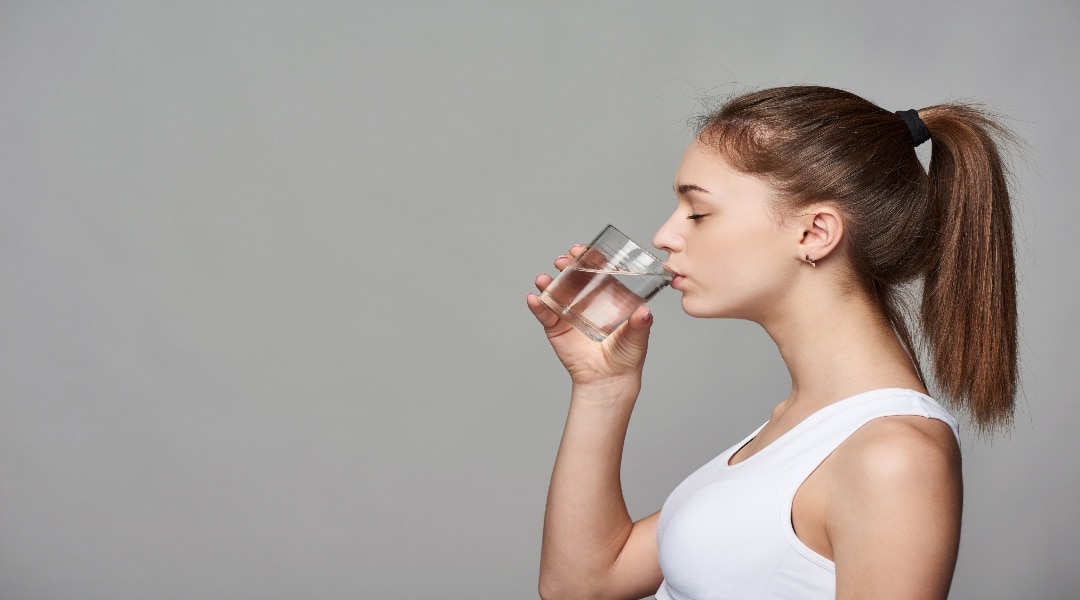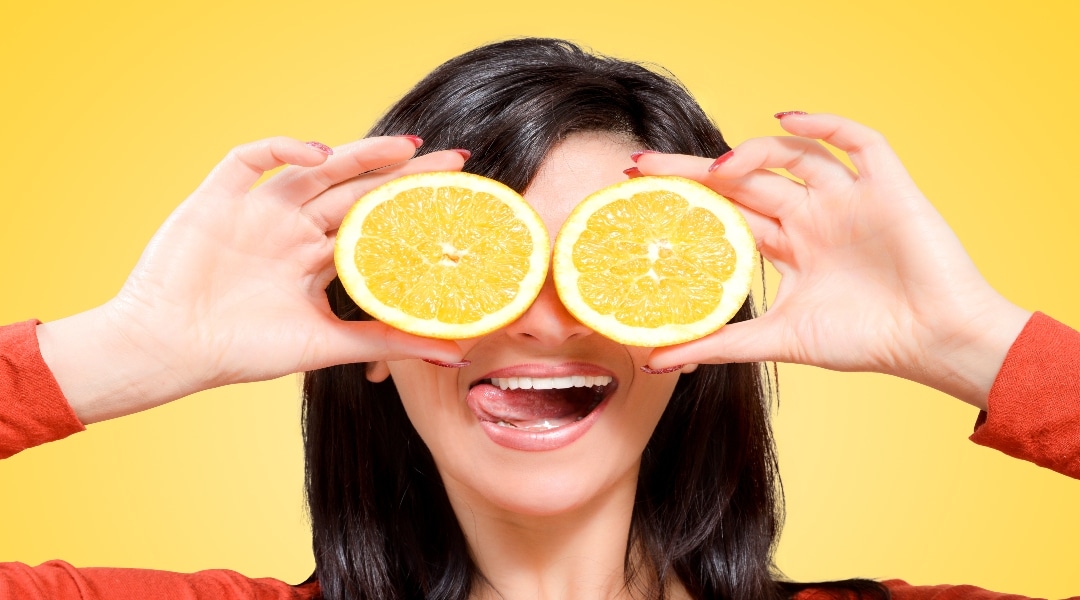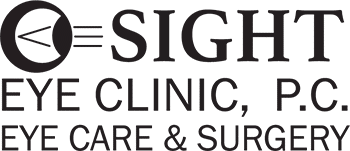How Can Your Diet Affect Your Eye Health?
There are a number of sayings about how our sight influences our appetites:
- Their eyes were bigger than their stomachs.
- We eat with our eyes and think with our stomachs.
- They look good enough to eat.
- The eyes are the window to the stomach (yes, and the soul).
It’s not as common, however, to hear about the reverse process—how what we eat influences our sight and overall eye health. It’s honestly a shame, because this is a much more important matter by far!
It’s not just about how many carrots you eat, either. An eye-healthy diet must consider the eyes themselves, as well as the systems that support it (such as your circulatory system).
In this blog, we’ll examine some general ways that diet can affect your eyes. If you have any specific questions or concerns, however, please do not hesitate to reach out to our office. We’ll be happy to answer questions and examine any particular problems you may be having, and we also highly recommend consulting with us or your primary care physician before making any major changes to your diet.

Stay Hydrated
Let’s start with the basics. Water is a necessity for life, and it has a big impact on your eye health as well.
Our eyes depend on a consistent coating of fluid to remain comfortable, protected, and nourished. This coating comes from basal tears, a type of tear that is constantly being produced for this purpose (and different from the tears that form when we cry).
If you’re dehydrated, it is more difficult to produce basal tears. This typically leads to dry, itchy eyes, but also leaves them less protected and more vulnerable to dirt and debris.
Eight 8-ounce glasses of water is often recommended for good hydration, but people’s needs vary depending on their circumstances. You’ll always know when you’re thirsty, though – so drink when you are!
Heart Health for Eye Health
The eyes contain plenty of sensitive nerves, receptors, and other “equipment.” Like the rest of the body, they depend on blood flow to receive the nutrients and other elements they need to function well and prevent problems.
Cardiovascular disease, high cholesterol, high blood pressure, and diabetes are a few of the more common conditions that can affect circulation and greatly increase the risk of problems like glaucoma and diabetic retinopathy.
A diet that is low in salt and saturated fats while high in vitamins, minerals, fiber, and low-fat proteins will help your heart and, in turn, your eyes as you age. Try to incorporate more:
- Fruits and vegetables (they can be fresh, frozen, or canned – but watch out for heavy syrups or sauces)
- Whole grains
- Low-fat dairy
- Fish
- Lean ground meats
- Skinless poultry
- Soy products
If you are looking to reduce salt intake specifically (and frankly, most of us should), beware of the salt that often gets added to canned foods and frozen meals. And just because something contains “sea salt” does not make that an alternative to sodium. Sea salt is nutritionally equal to table salt.

Nutrients that May Help Against Age-Related Diseases
When it comes to slowing the progression of macular degeneration, there is some evidence that suggests certain nutrients can be helpful for some patients.
These nutrients include antioxidant vitamins A, C, and E, as well as the carotenoids lutein and zeaxanthin.
These nutrients are believed to help the eyes by protecting against free radicals. These are substances created by the body as part of the environment and general living, and they can cause damage to our cells over time.
Antioxidants such as vitamins A, C, and E are believed to combat this damage by clearing out some of these free radicals. Lutein and zeaxanthin, on the other hand, are plant-based pigments that are processed in the retina, and can help protect it from the free radicals and other harmful elements in ultraviolet light.
Research is still being conducted on the exact effects these nutrients can have in combating macular degeneration, but it’s certainly not a bad idea to make them a part of a healthy diet. They have good effects throughout the body!
You can often find these nutrients in:
- Leafy green vegetables, including kale and broccoli
- Citrus fruits
- Brightly colored vegetables such as squash and, yes, carrots
Really, eating a rainbow of fruits and vegetables will rarely steer you wrong!
Should You Take Supplements?
It really depends on your current situation. Some patients may have supplements recommended if they are not getting enough of the nutrients they need.
However, diving into supplements on your own is not recommended. Excess nutrients are often just expelled from the body, but can sometimes have harmful effects as well. A good diet should always be the first goal, and supplements should be discussed with us or your primary care doctor.
You Are What You Eat
The upside of making healthy dietary changes is that any changes you make for one condition are almost always good for the rest of your body as well. A diabetic diet, for example, can benefit anyone! The same is true for a diet that focuses on eye health.
We are more than happy to discuss the best nutritional choices for your eye health, as well as other habits and techniques that can give you the upper hand against problems you may be at higher risk for. Call our office at (616) 772-2020 or fill out our online contact form to reach us.
